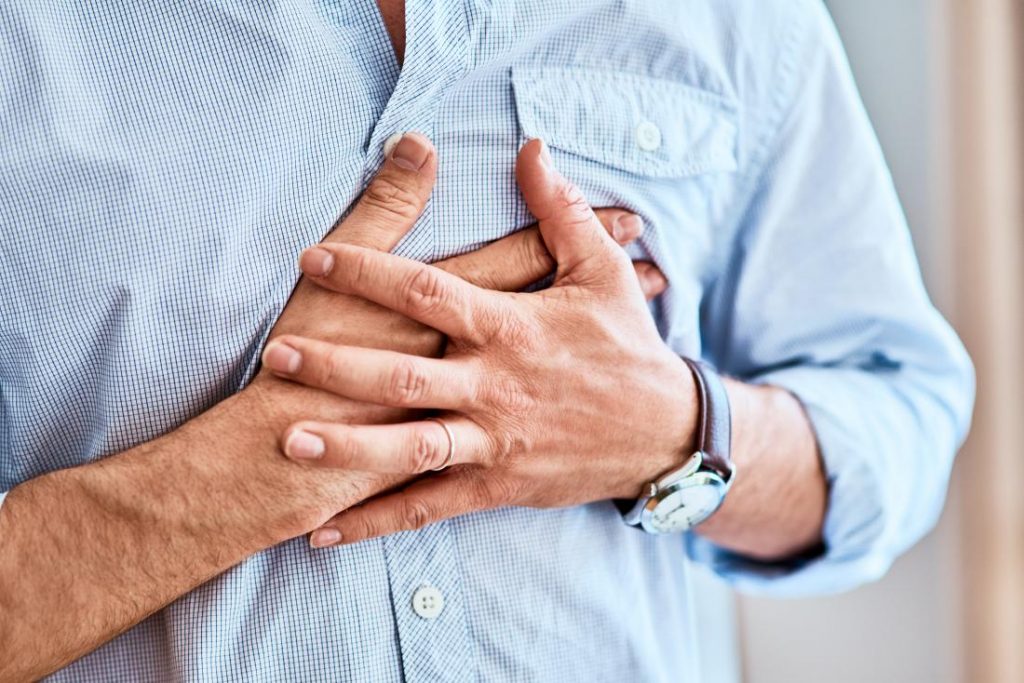Heart attacks can happen at any time, and sometimes without warning. Someone experiencing a heart attack may have some of the following symptoms:
- A squeezing pressure / pain in the center of the chest
- Pain that may spread beyond the chest to the shoulders, back, neck, jaw or one / both of the arms
- Sweating
- Nausea
- Dizziness / light-headedness

Chest pain usually accompanies a heart attack and could last more than 15 minutes; although there may be no symptoms at all. Majority of people who experience a heart attack may have warning sign hours, days or even weeks in advance. So what steps should you take if someone is having a heart attack?
It is crucial that 911 is called as quickly as possible. Ignoring the symptoms listed above could lead to severe health risks, including death. Having the aid of a professional first responder is always your best bet. If you have aspirin, chew and swallow a tablet to slow blood clotting. If prescribed, take nitroglycerin as directed. Never take someone else’s nitroglycerin as it could lead to further health issues. If consciousness is lost, begin CPR and use an AED immediately. This will give the victim the best chance at survival.

